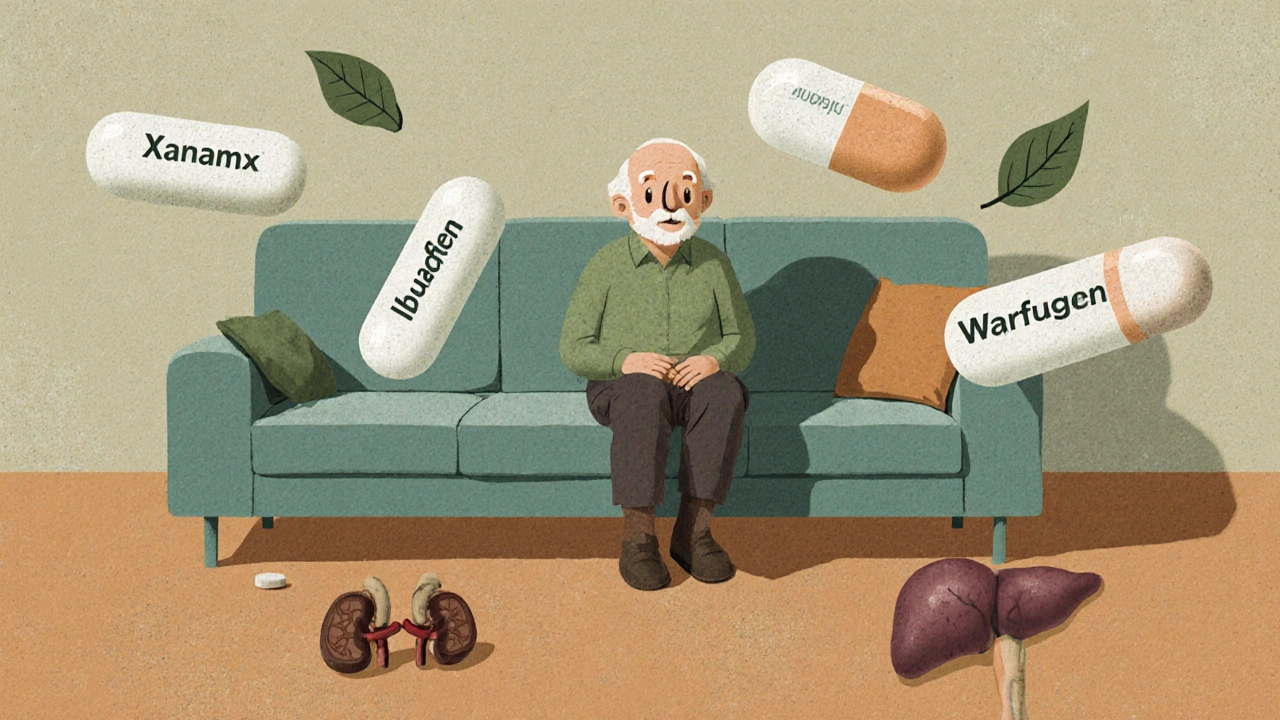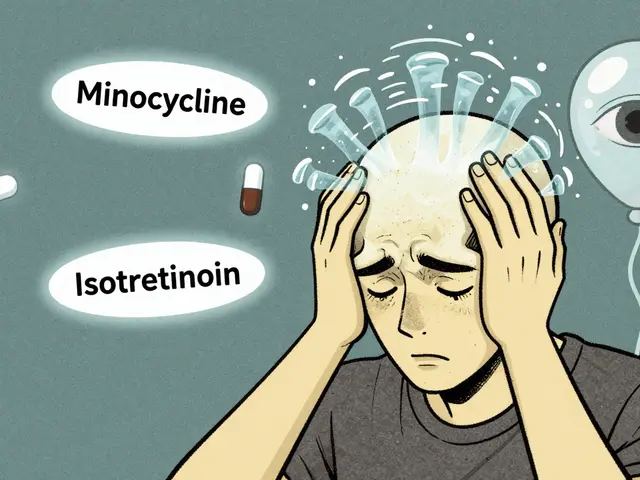Aging and Medication: How Your Drugs Change as You Get Older
When you’re young, your body handles medicine like a well-tuned machine—quick to absorb, efficient at breaking down, and easy to clear. But as you age, that machine starts to slow down. aging and medication, the way your body responds to drugs as you grow older, often requires major adjustments in dosage, timing, or even drug choice. It’s not just about taking less—it’s about taking smarter. Your liver and kidneys don’t work as fast, your body fat increases, muscle mass drops, and your stomach absorbs things differently. That means a pill that was safe at 50 could cause dizziness, confusion, or falls at 75—even if you’ve taken it for years without issue.
polypharmacy, the use of multiple medications at once, becomes common as people manage conditions like high blood pressure, diabetes, arthritis, and sleep problems. But each new drug adds risk. One pill might raise your blood pressure, another might lower your potassium, and a third could make you drowsy. When they mix, the side effects don’t just add up—they multiply. Studies show that over 40% of adults over 65 take five or more prescriptions daily, and nearly one in five ends up in the hospital because of a bad reaction. It’s not the drugs themselves that are dangerous—it’s the lack of review. Many doctors don’t have time to check if all those pills still make sense together. age-related drug interactions, how medications behave differently in older bodies, often go unnoticed because symptoms get blamed on aging. Fatigue? Must be getting older. Confusion? Just dementia. Dizziness? Normal balance loss. But sometimes, it’s just a pill that’s no longer right for you. The same drug that helped your arthritis might be making your memory worse. A sleep aid that helped you nod off might be causing falls in the night. Even common OTC meds like ibuprofen or antacids can hurt your kidneys or raise your blood pressure over time.
What you need isn’t more pills—it’s a reset. Ask your doctor: "Which of these meds are still necessary?" "Could any be replaced with safer options?" "Am I taking something just because I always have?" Many seniors can cut back safely, especially if they’re on drugs for conditions that no longer apply, or if they’ve switched to better alternatives. The goal isn’t to stop everything—it’s to stop what’s doing more harm than good.
Below, you’ll find real stories and science-backed guides on how common drugs affect older adults—from how metformin can drain your energy, to why mixing sedatives is deadly, to how herbal teas can clash with heart meds. These aren’t theory pieces—they’re practical checks you can use right now to protect yourself or someone you love.

- Nov 12, 2025
- Posted by Cillian Osterfield
How Age Affects Medication Side Effects and Tolerability
Aging changes how your body handles medications, making side effects more common and severe. Learn why older adults need lower doses, which drugs are riskiest, and how to prevent dangerous reactions.
Categories
- Health and Wellness (72)
- Medications (69)
- Health and Medicine (28)
- Pharmacy Services (12)
- Mental Health (9)
- Health and Career (2)
- Medical Research (2)
- Business and Finance (2)
- Health Information (2)
Latest Posts
©2026 heydoctor.su. All rights reserved





